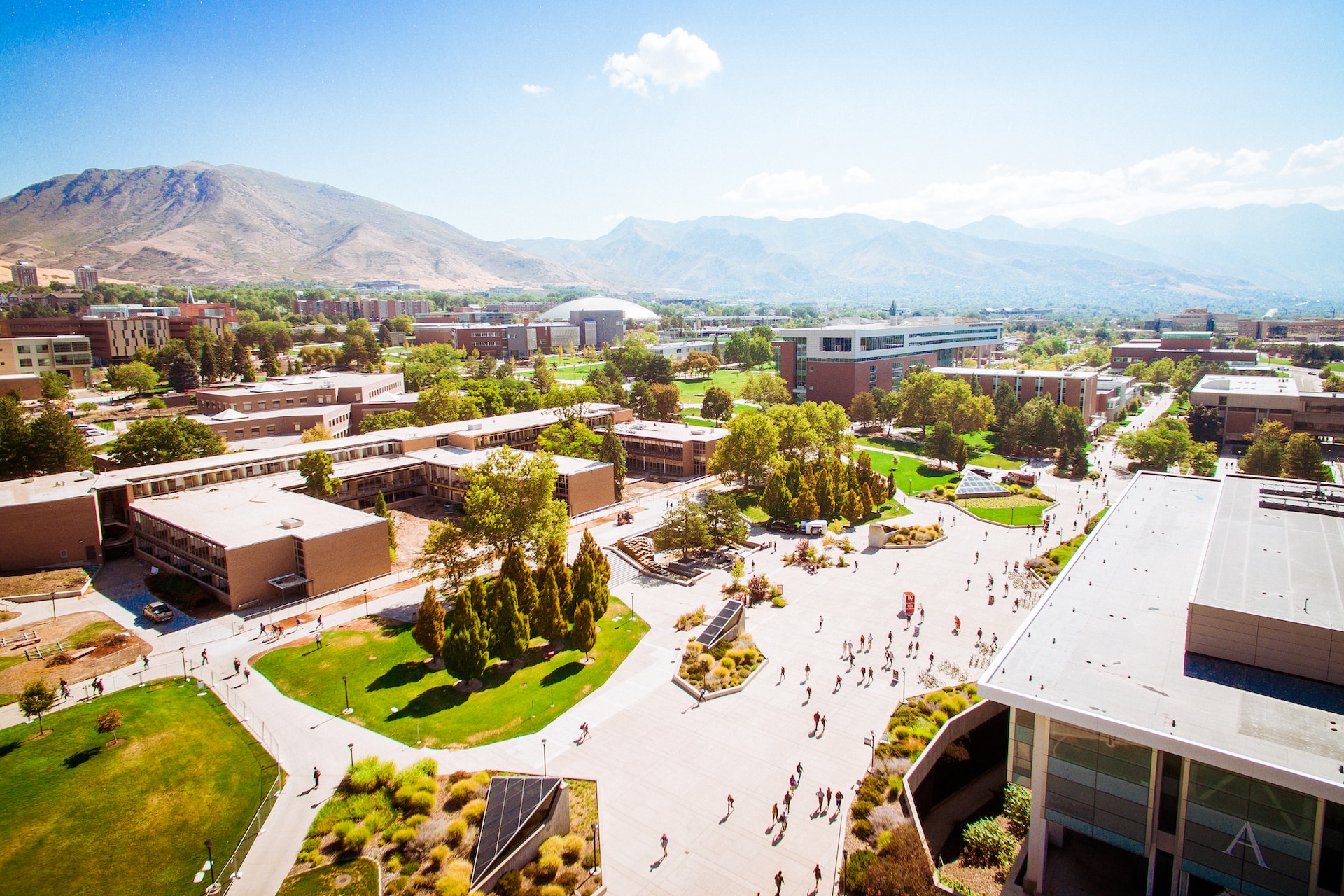Important Campus Characteristics When Choosing a College

By Joanna Nesbit
When you’re deciding where to apply to college, it’s easy to get overwhelmed by all the factors to consider. The academic programs the college offers and the cost are common things that pretty heavily influence the schools on your list, but there are other important considerations as well.
Here are five to think about:
Location
- Do you need or want to live at home while you’re in college?
- Do you want to be close to home so you can easily visit on the weekend?
- Would you prefer to be a little farther away, but still able to get home by car or bus?
- Do you want to put a plane-ride distance between yourself and your hometown, and is that in your—or your family’s—budget?
- Do you thrive in nature and wide-open spaces?
- Are you excited by all the activities and buzz of a big city?
- Do you like the idea of a small college town?
Size
Schools vary greatly in size, from a few hundred students to tens of thousands, so think about what appeals to you. It can also be hard to know until you’ve visited a campus.
Smaller schools tend to be more intimate, like a high school, where professors get to know you in your classes. They usually offer fewer majors and don’t typically have specialized majors such as engineering, marine biology, or archeology. Introductory classes may be small with seminar-style discussions where you get to know your classmates. Outside the classroom, you’re likely to get to know students around campus and cross paths with them frequently.
Larger schools usually have a bustling campus environment that may feel like a small city. They offer many more majors—some of which are quite specialized—and more activities to get involved in, and they usually have a bigger sports presence. Your introductory classes will most likely be large lectures with 300 to 800 students, but some will break into smaller seminars led by teaching assistants, who are usually graduate students in the class’s subject. Big universities usually have many more resources and activities you can be part of.
At a large university, it may be possible to get the best of both worlds by joining a smaller community within the larger campus atmosphere. One way to do that is to apply to the honors college, where you take classes with a smaller group of students and sometimes live in the honors residence hall. When you declare your major and become part of a particular college or program within the university, your world will also become more intimate. You could also try affinity housing, if your school offers it, which is where you live with other students who share a common interest, like exercise or cooking.
Learn more about the different kinds of higher education institutions and whether class size matters
Living Options
Small colleges often provide campus housing for multiple years, but many larger universities expect students to live off campus in later years and some cannot even guarantee housing during your first year. Some questions to research or ask:
- Is on-campus housing mandatory or optional?
- Is housing guaranteed for any or all years?
- Are there specific dorms for first-year students?
- Are there resident assistants (RAs) in each hall or on each floor?
- Are the majority of rooms singles, doubles, triples, or quads?
- Are the dorm floors mixed-gender or same-sex?
- Are the bathrooms communal? Are they same-sex or gender-neutral?
- Are all dorms substance-free or are there substance-free dorms available?
- Are there specific themed housing options or residence halls where you can find students with similar interests as you? (These may be called living learning communities, theme communities, or residential colleges.)
- Is the student body mostly commuters, which means the campus will empty out on the weekends?
Learn more about living options and other social factors to consider when looking at colleges.
Graduation Rate
Graduation rates and retention rates—the percentage of first-year students who continue at the school the following year—can give you a sense of how much a school supports and invests in student success. High graduation rates mean a school supports its students all the way through graduation. Low numbers may indicate you’re on your own to stay on track and graduate, but they don’t necessarily mean you wouldn’t be successful there. Alternatively, it could be a sign that students drop out for financial reasons. Use this College Navigator tool to find the retention and graduation rates for your schools of interest.
Services and Resources
Colleges offer a variety of resources to help students throughout their college years. These include first-year student support, academic tutoring, academic advising, first-generation programs, cultural centers, financial aid offices, career centers, and disabilities offices. They’re all worth exploring. If you’d like to connect with other folks who share your identity, look for affinity groups organized around race, gender, sexual orientation, age, or veteran status, for example.







